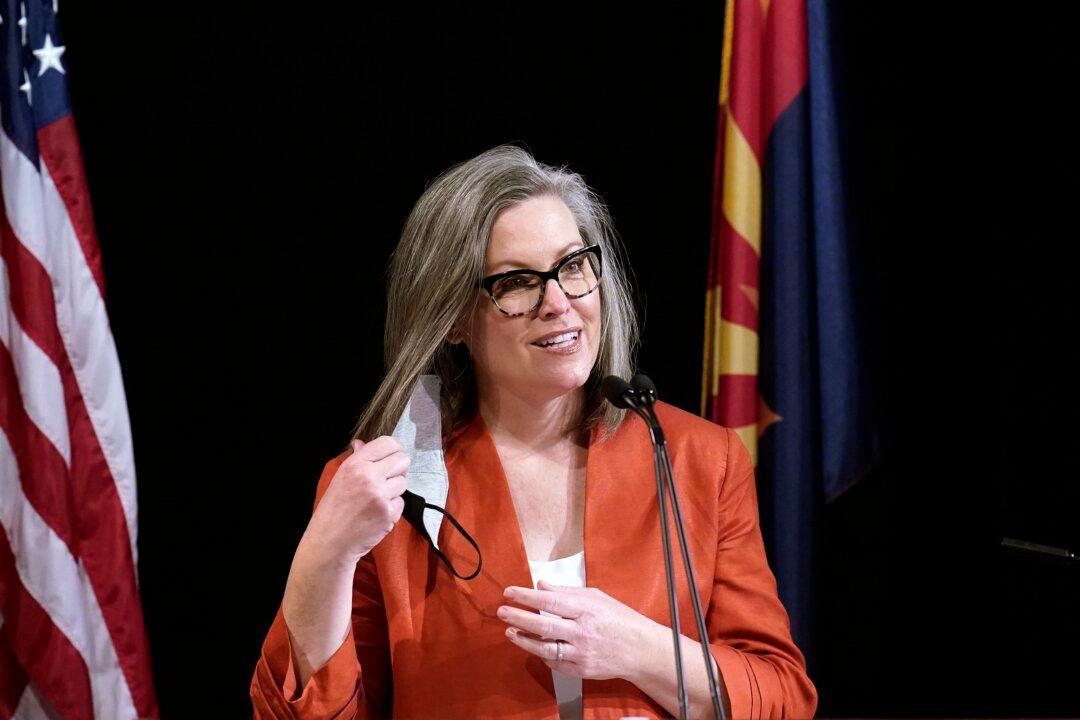News Analysis
After months of national debates over election laws, and as Congress prepares to consider the election reform “For the People” Act on its return from recess, national party organizations are turning their eyes to state-level races; specifically to the position of Secretary of State, which plays a key role in running elections. Following the controversy regarding the general election in 2020, ensuring the integrity of elections in the future has been a top priority for Republicans, while Democrats want the position in order to stop alleged voter suppression.





